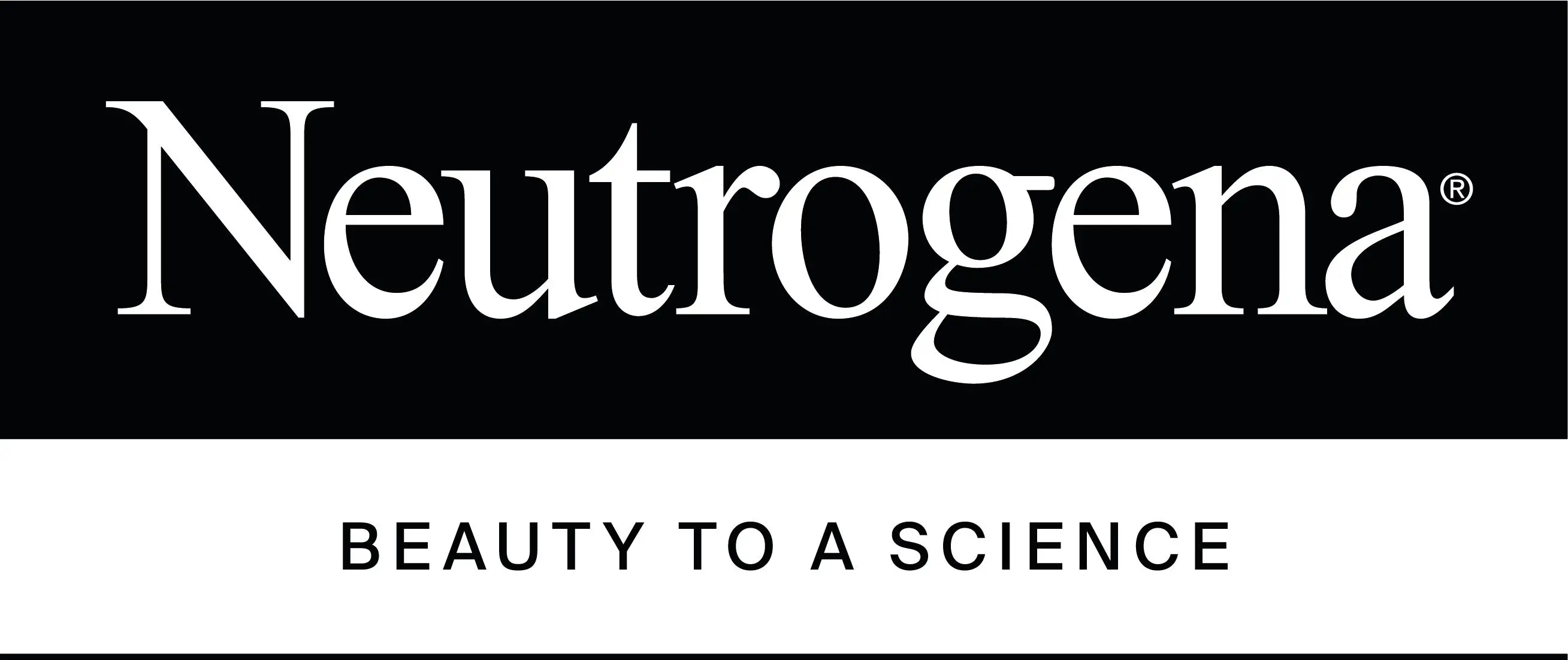
Alpha Hydroxy Acid
Naturally or synthetically derived acids that complement skin's natural turnover process. Benefits of AHAs include smoother and brighter-looking skin.

Antioxidants
Substances that may prevent or delay some cell damage. Antioxidants have been shown to neutralize oxidative stress on the skin's surface, which is caused by environmental aggressors like the sun, pollution, and cigarette smoke.
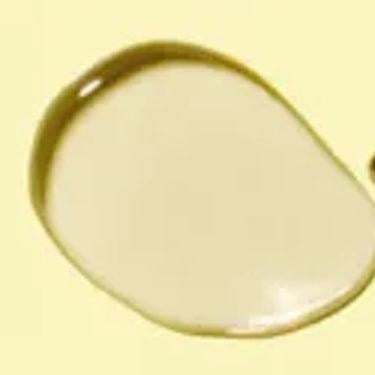
Argan Oil
An extract derived from the kernels of the Moroccan argan tree. It's rich in natural oils and vitamin E, so it provides both hydrating and antioxidant benefits to the skin. It's commonly found in moisturizers and serums.
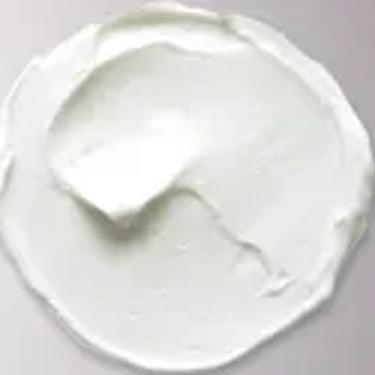
Benzoyl Peroxide (BPO)
This ingredient has antibacterial properties that helps reduce bacteria on the skin that lead to breakouts. It's also helpful in preventing and treating the formation of clogged pores or comedones — what we commonly call blackheads and whiteheads.
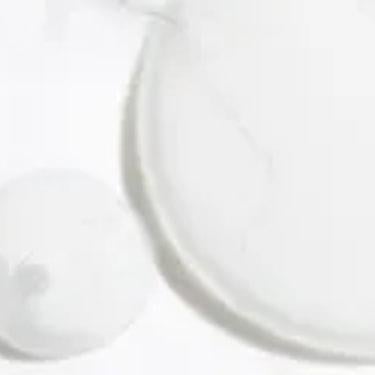
Beta Hydroxy Acids (BHAs)
These powerful exfoliators help shed dead skin cells. They also boast anti-aging abilities, reducing the appearance of fine lines and improving skin texture. Salicylic acid is one common BHA found in acne washes, spot treatments, moisturizers and creams.
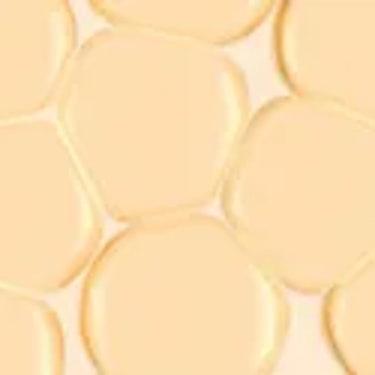
Biotin
A B vitamin found in meat, eggs, seeds, nuts and some vegetables that helps turn food into energy. It plays a major role in the growth and health of hair and nails. It can also be applied topically to the skin as a moisturizing oil.

Collagen
This is the most common protein found in the human body. It's essential to forming your muscles, bones and skin — as well as holding all of these components together. As we age, we lose collagen, which is why it can be helpful to use products that help reduce the visual effects of decreased collagen production.
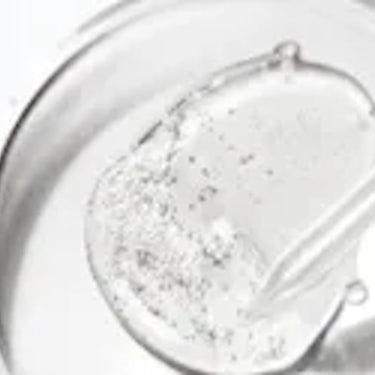
Glycerin
A colorless, odorless liquid sourced from plants that is used as an ingredient in moisturizers for its ability to attract and seal water into skin cells, improving the overall appearance of fine lines and puffiness. It's often found in facial moisturizers and body lotions.
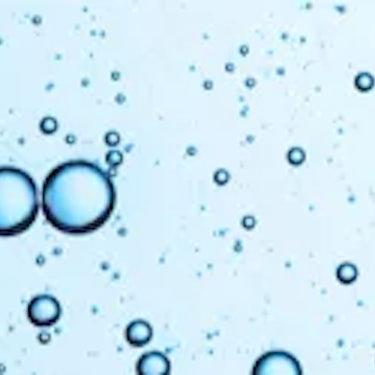
Hyaluronic Acid
A chemical compound that is found naturally in skin and widely used in skincare products. Its intense hydrating benefits — and unique ability to hold many times its weight in water — make it a popular active ingredient in many hydrating serums and masks.
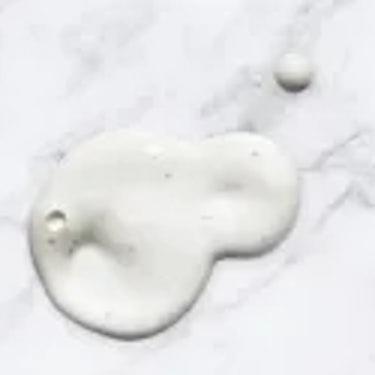
Polyhydroxy Acids (PHAs)
A chemical exfoliating ingredient that helps to slough off dead skin cells. PHAs help skin appear younger, brighter, and healthier looking.
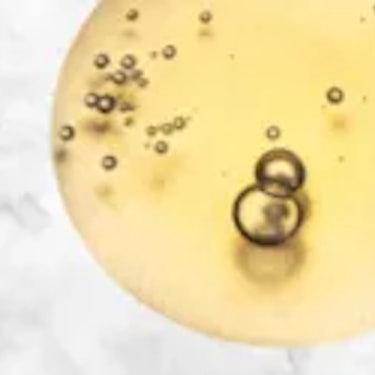
Pro-Vitamin B5
Also known as pantothenic acid, pro-vitamin B5 is a conditioner that helps skin feel softer and nourished. It has also been found to reduce facial lesions when applied topically in the long-term.
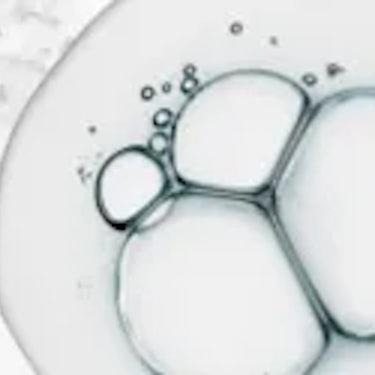
Retinol
This is a vitamin A derivative that's available in over-the-counter skincare items. It complements skin's natural surface renewal for smooth skin and decreases the appearance of fine lines, wrinkles and dark spots.

Salicylic Acid
This beta hydroxy acid is an oil-soluble chemical exfoliator that can cut through skin's lipid barrier to penetrate deep into pores and unclog them.

SPF
Also known as Sun Protection Factor, this is an estimate of how well a sunscreen can protect skin from UVB (not UVA) rays. If you burn easily without sunscreen, a product with SPF would allow you to stay in the sun longer without burning. Regular reapplication is needed.
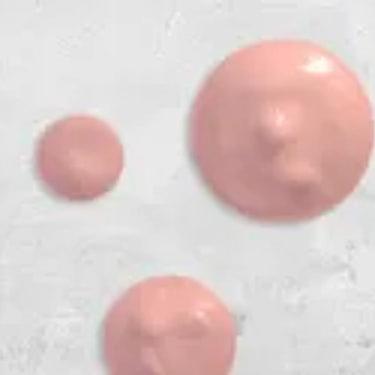
Sulfur
An element that's both antimicrobial, meaning it fights bacteria, and anti-inflammatory, meaning it helps clear redness. Both of these properties make it useful in treating a variety of skin issues, most commonly acne.
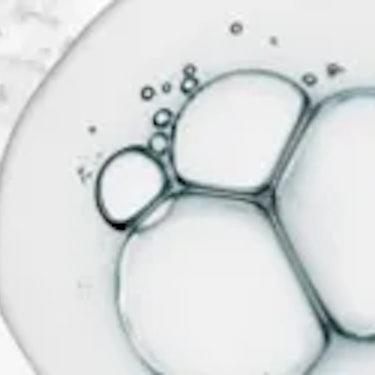
Vitamin A
Also known by its scientific name, "retinol," vitamin A is known for its ability to limit sun damage and the appearance of wrinkles. While it's naturally occurring, over 1,000 variations of vitamin A have been synthetically created to reproduce its highly therapeutic benefits.

Vitamin C
Often referred to by its reduced form, ascorbic acid, vitamin C is a potent antioxidative molecule that protects skin from free radicals by reducing and neutralizing them. It also helps treat wrinkles by influencing collagen formation.
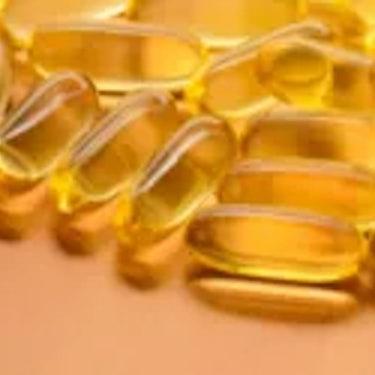
Vitamin D
This vitamin is unique because it's produced in the skin after exposure to sunlight. Despite this fact, vitamin D deficiency affects nearly 50 percent of the worldwide population, resulting in abnormalities in calcium and phosphorus levels as well as bone metabolism issues.
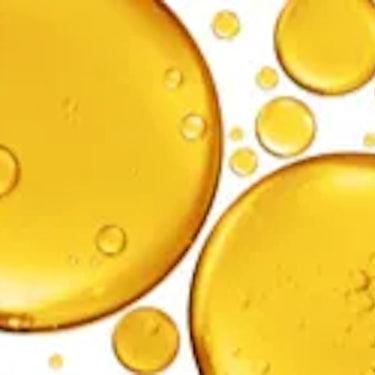
Vitamin E
Sometimes known as tocopherol, vitamin E is a powerful antioxidant that helps fight against environmental aggressors like air pollution and the sun's UV rays.
